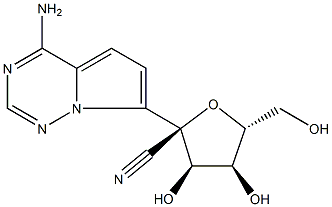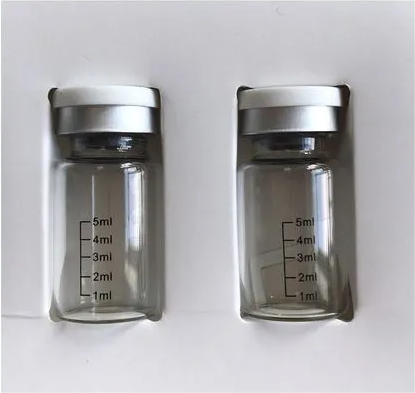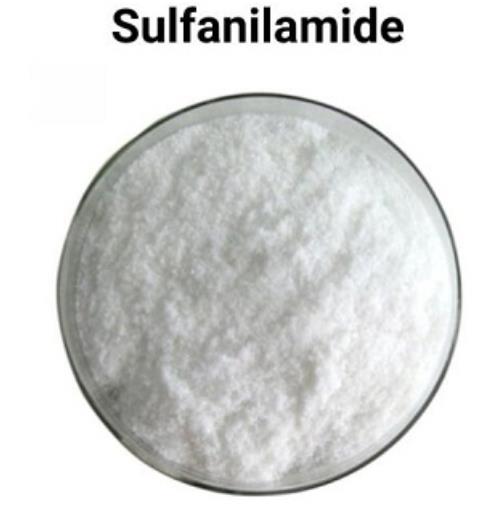What is GS-441524 do for cats?
GS-441524 is the active metabolite of remdesivir, which was authorized by the FDA for emergency use in human COVID-19 patients in 2020. There are currently no legal means of prescribing GS-441524 by a veterinarian in the US or in most other countries worldwide. The existence of a lifesaving therapy but no legal means of acquiring it has created an unprecedented demand for the GS-441524 compound by owners in the US.
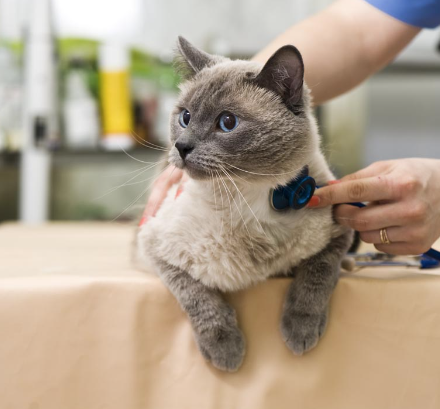
Safe and effective antiviral therapies for cats with feline infectious peritonitis (FIP) have been identified, and the nucleoside analogue GS-441524 has been used to treat thousands of cats worldwide with FIP[1]. Feline infectious peritonitis is an incurable and almost always fatal viral infection that primarily affects cats under 2 and over 10 years of age. It is caused by the feline infectious peritonitis virus (FIPV), which is believed to be a mutated form of the feline coronavirus (FCoV).
In virus-infected cells, GS-441524 is incorporated into the nascent viral RNA strand, prematurely terming viral RNA synthesis and halting viral replication. GS-441524 is the metabolite of the antiviral drug remdesivir (GS-5734) used to treat people with SARS-CoV-2 infections, and both drugs yield the same active metabolite in the host cell. Remdesivir has been demonstrated to have equivalent efficacy to GS-441524 in suppressing FIPV replication in vitro studies and has been used in combination with GS-441524 to treat cats with FIP. However, no prospective studies have evaluated its efficacy and outcomes for cats treated with remdesivir alone compared to GS-441524 alone[2].
The starting dosage for cats with wet or dry FIP and no ocular or neurological disease signs is 4-6 mg/kg daily for 12 weeks, with the younger and wet cases tending to go toward the lower end and the dry cases toward the higher end. Cats with ocular lesions and no neurological signs start at 8 mg/kg daily for 12 weeks.
GS-441524 treatment is amazingly free of systemic side effects. It can cause minor kidney damage in some cats, but this does not progress to overt renal disease. Systemic drug reactions of the vasculitis type have been seen in a few cats and can be confused with injection site reactions. However, these drug reactions are at non-injection sites and are often self-limiting or respond well to a short-term low dose of steroids. The major side-effect of GS treatment is pain at the injection sites, which varies from cat to cat and according to the injection prowess of the person doing the treatment (usually the owner). Injection site sores are a problem with some owners and usually occur when the injection site is not moved around the body (stay away from between the shoulders) and not given into the muscle and nerve layers below the subcutis. Many people use gabapentin before injections to help ease the pain. Injection site sores are cleared of surrounding hair and gently cleaned 4 or more times daily with sterile cotton balls soaked in 1:5 dilution of household hydrogen peroxide. They usually do not require more sophisticated treatment and heal within 2 weeks.
References
[1] Sally J. Coggins. “Outcomes of treatment of cats with feline infectious peritonitis using parenterally administered remdesivir, with or without transition to orally administered GS-441524.” Journal of Veterinary Internal Medicine 37 5 (2023): 1772–1783.
[2] Emma Cosaro. “Efficacy of Oral Remdesivir Compared to GS-441524 for Treatment of Cats with Naturally Occurring Effusive Feline Infectious Peritonitis: A Blinded, Non-Inferiority Study.” Viruses-Basel 15 8 (2023).
You may like
Related articles And Qustion
Lastest Price from GS-441524 manufacturers
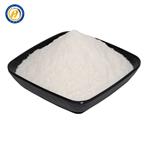
US $0.00-0.00/KG2025-11-28
- CAS:
- 1191237-69-0
- Min. Order:
- 1KG
- Purity:
- 99%
- Supply Ability:
- 500
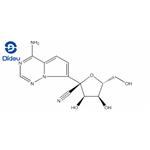
US $0.00-0.00/KG2025-11-27
- CAS:
- 1191237-69-0
- Min. Order:
- 1KG
- Purity:
- 98
- Supply Ability:
- 10000KGS
